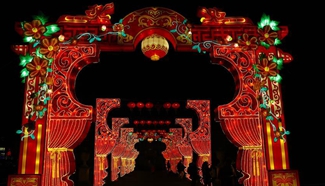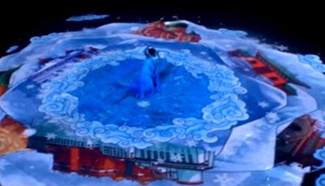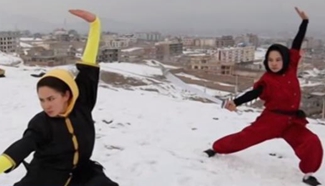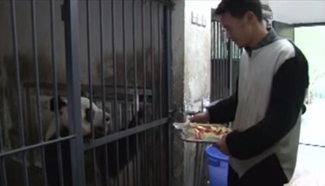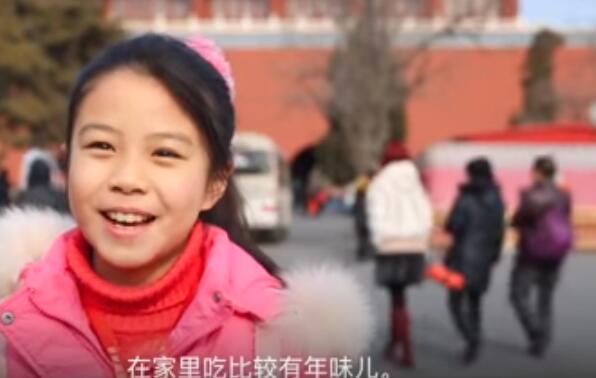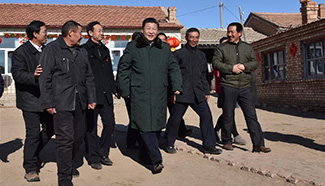HANGZHOU, Jan. 27 (Xinhua) -- For decades Tu Maojiang, dreamed about wearing leather shoes.
Tu, 73, from the eastern province of Zhejiang, was a victim of Japanese biological warfare during World War II.
"The Japanese invaded our village," Tu recalled. His home is in Xilongkou Village, Quzhou city, where fortifications laid by Chinese soldiers are still standing.
"My parents told me that the Japanese would raid our houses and take away the livestock," he said. "When they came we all rushed to hide. An old man who didn't was shot dead in his home."
Those who survived the raids, however, may have escaped death but their suffering would be long and drawn out. Tu along with his father, uncles and three brothers soon showed signed of a severe bacterial infection, which caused their legs to rot and left them in constant pain.
The disease was not just limited to Tu's family, their symptoms -- itchy, festering, pus-filled wounds -- were common among those who lived along the railway. The symptoms were consistent with glanders, one of many biological and chemical weapons that the Japanese had experimented with during WWII.
For half a century, Tu could only wear wellington boots or sandals, because his wound would ooze now and then.
In 2015, Wang Xuan, a lawyer for the Association of Chinese Victims of Germ Warfare; Wang Zhengguo, an academician with the Chinese Academy of Engineering; and Tecent jointly launched a project to help people like Tu access medical treatment.
Under the program, Tu was admitted to Quhua Hospital in November 2015.
"We removed the crust, cleaned the wound and made skin grafts," said Zhang Yuanhai, vice head of the hospital.
Between September 2015 and the end of 2016, they had treated 57 patients, most of whom had to have operations.
On Thursday, a day before the eve of the Lunar New Year, Luo Shouxiang left hospital. "This is the perfect reason to celebrate the New Year," he said with a smile.
Sun Wenxi, 88, will have to spend the New Year in hospital. "This is the first time my father has been away from home for the New Year," said his son Sun Qingfu. "But it is OK. His treatment means we have better days ahead of us."
Ye Chunjiang, another doctor, told Xinhua that they were racing against time to cure these victims. "We want them to spend their remaining years in comfort."
Tu's life has been transformed by the treatment.
"Now I don't have to change my gauze and apply medicine every day," he said.
"In Xilongkou, where Tu lives, there were more than 40 people with rotten legs. Now only three are still alive," said Wu Jianping, a volunteer of the project.
His father, a member of the Chinese Victims of Imperial Japanese Army's Germ warfare program, who tried to bring charges against Japan, told him more than 50,000 people in Quzhou had died as a result of biological warfare.
Wu's father died, but he wanted to help those still alive.
"I want to see them wearing socks and leather shoes and welcoming guests outside the doors, just like healthy people."




